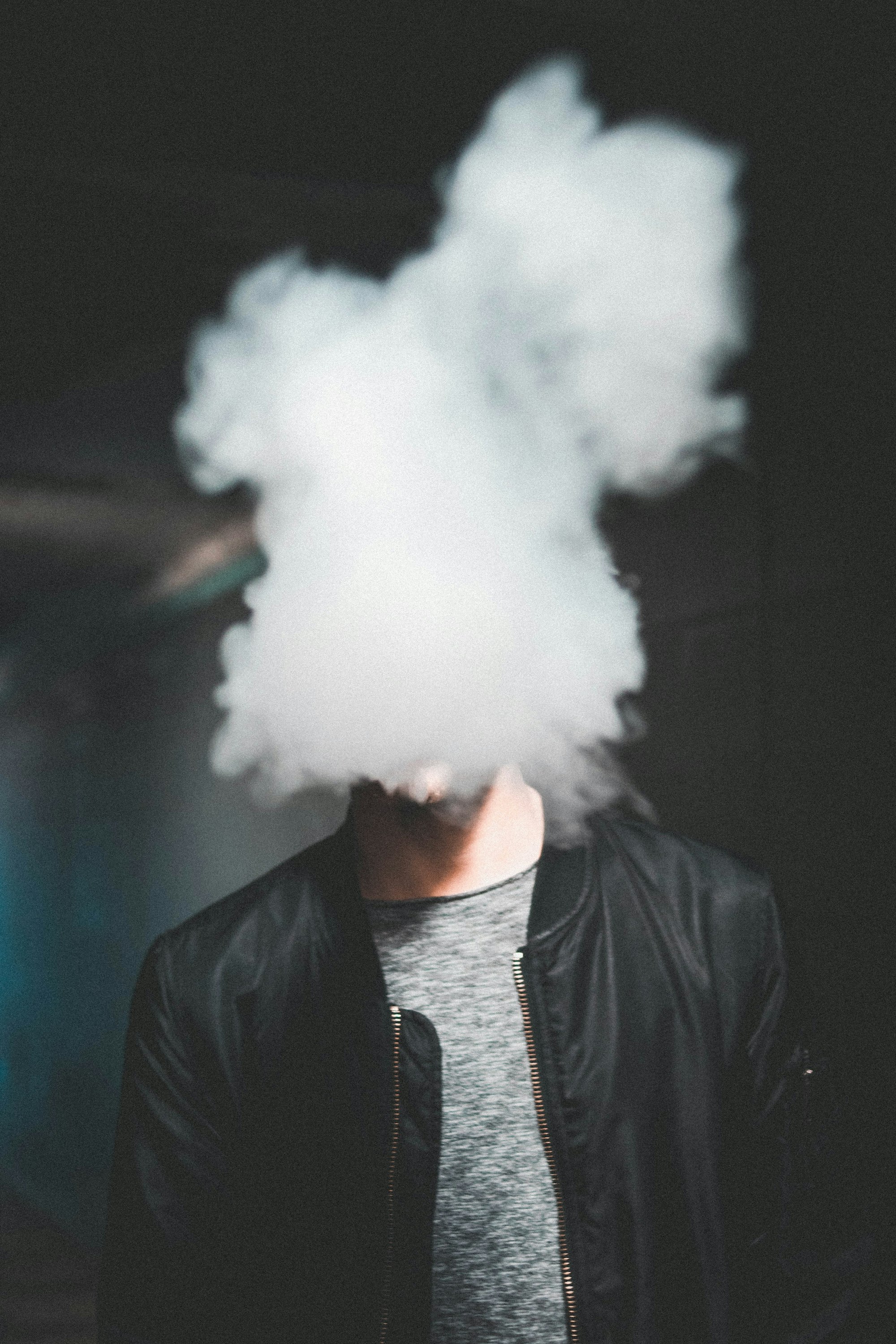Two of the most renowned experts in the field of sleep science, Matt Walker and Andrew Huberman, delve into the controversial and complex topic of how marijuana affects your sleep. Their conversation, rich in depth and detail, uncovers the impact of THC and CBD, the two key components of marijuana, on your sleep cycle.
Walker and Huberman begin their discussion with a question that many of us have pondered over: "Does marijuana disrupt sleep?" This seemingly simple question unravels a cascade of intricate explanations that delve into the core of sleep science.
Firstly, they tackle THC, or tetrahydrocannabinol, the component of cannabis that's responsible for the 'high' that users experience. THC may, interestingly enough, accelerate the time it takes to fall asleep. But this isn't a cause for celebration just yet. Walker and Huberman caution that this is not akin to natural sleep.
THC and Sleep
Tetrahydrocannabinol (THC) is the psychoactive component of marijuana, meaning it is the substance that causes the feeling of being 'high'. Interestingly, THC seems to speed up the time it takes a person to fall asleep, a concept known as sleep latency. This sounds beneficial at first glance, but Walker and Huberman emphasize that the nature of this sleep is not entirely natural. This means the brainwave patterns during sleep after THC usage don't match those seen in a typical, healthy sleep cycle.
"THC seems to speed up the onset of at least non-consciousness, I guess, is the best way of describing it."
A significant concern associated with THC is its apparent ability to block REM (Rapid Eye Movement) sleep. This stage of sleep is not only where most dreaming occurs but also plays a crucial role in memory consolidation and emotional regulation. Regular THC users often notice they dream less. But once they stop using THC, they encounter an increase in dream activity, even to the point of having 'crazy, crazy dreams'. This phenomenon is due to a rebound mechanism. The brain, noting the lost REM sleep due to THC, tries to compensate by increasing REM sleep once THC use stops.
"REM sleep is very clever... your brain not only goes back to having the same amount of REM it would have had, it does that, plus it tries to get back all of the REM sleep that it's lost."
Another significant downside to THC use is its potential to create dependency, a condition in which the body adapts to the drug, leading to withdrawal symptoms when the drug use is stopped or reduced. Individuals who become used to THC for sleep often find they need more and more to get the same benefit. This tolerance buildup can lead to severe insomnia when THC use is discontinued.
CBD and Sleep
Cannabidiol (CBD) is the other primary component of marijuana, known for its non-psychoactive nature, meaning it does not cause the 'high' associated with marijuana use. Unlike THC, CBD doesn't seem to disrupt sleep in the same way. However, its effects on sleep are not as straightforward and are dependent on the dosage.
"At low dose, CBD can seem to be wake-promoting... It's only once you get into the higher dose range that there seem to have been some increases in sleepiness or sort of sedation-like increases."
Low doses of CBD can actually enhance wakefulness and potentially cause sleep disturbances, while higher doses seem to promote sleepiness. The reasoning behind these effects could be explained by the following mechanisms:
- Thermoregulatory Nature: CBD seems to cool the core body temperature, which is favorable for sleep as your body temperature naturally drops when you are ready to sleep.
- Anxiolytic Property: CBD has been shown to reduce anxiety. Anxiety is a common cause of insomnia and other sleep disturbances, so a reduction in anxiety can potentially improve sleep.
- Adenosine Signaling: Recent data suggests that CBD may alter the signaling of adenosine, a sleep-promoting chemical in the brain. This doesn't necessarily mean CBD increases adenosine production, but it might enhance the brain's sensitivity to adenosine, increasing the drive to sleep.
In Summary
Understanding the effects of marijuana components on sleep is critical, especially as the use of both medical and recreational marijuana continues to rise. Both THC and CBD can influence sleep, but they do so in fundamentally different ways. While THC can speed up sleep onset, it may block REM sleep and potentially lead to dependency and withdrawal. Conversely, CBD does not seem to have these negative impacts and may even aid sleep at higher doses.
Knowledge, as always, is power, and making informed decisions about marijuana use can significantly impact sleep health and, in turn, overall wellbeing.
Key Points:
- THC may aid in sleep initiation but disrupts REM sleep and can potentially lead to dependency.
- CBD might enhance wakefulness at lower doses and promote sleep at higher doses. Its impact on sleep appears to be less disruptive than THC.
- The misuse or excessive use of these substances can greatly disrupt sleep, highlighting the importance of moderation and informed decision-making.


